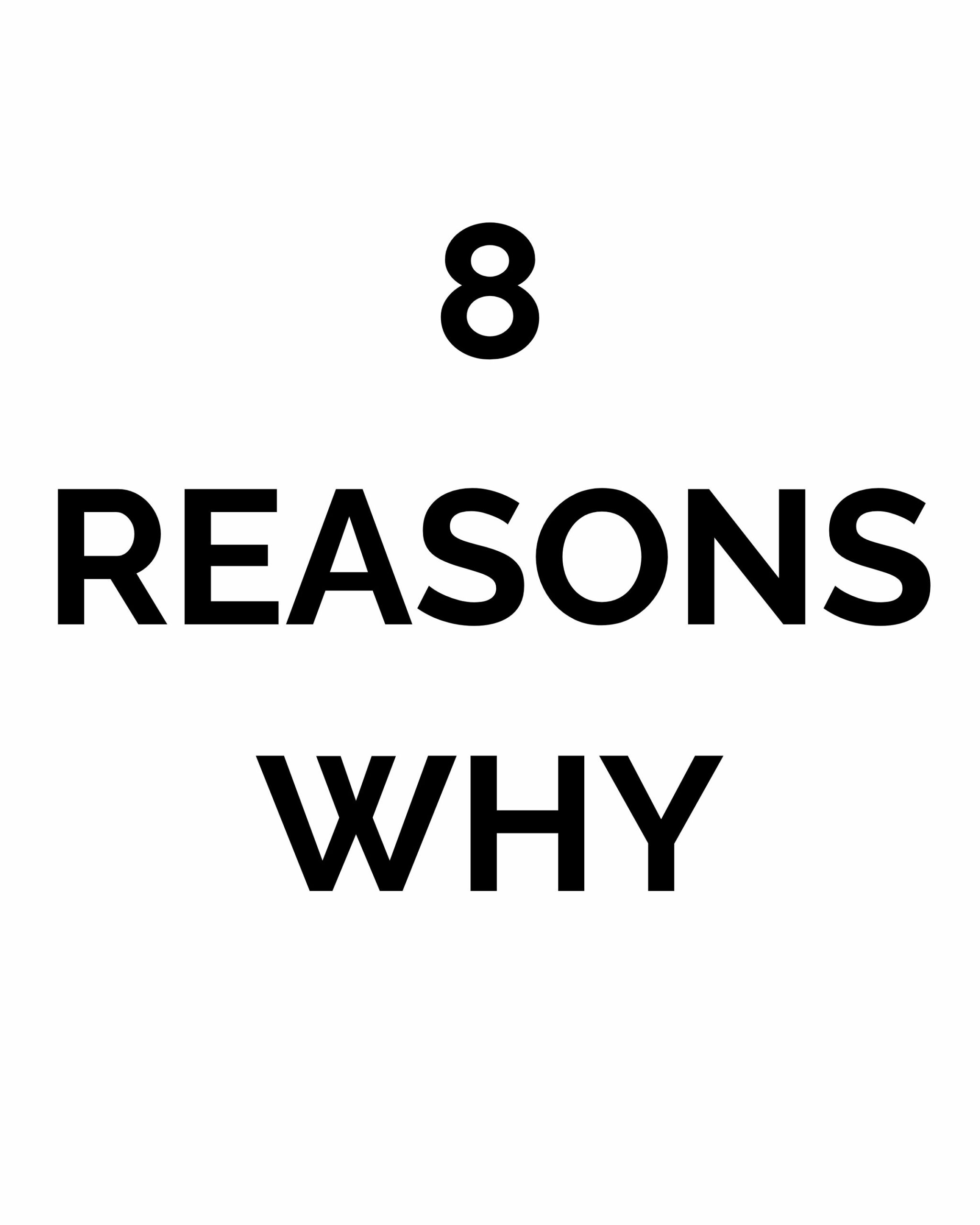Hello, dear readers! It’s Mary here, spilling the beans on a topic that’s more contentious than my granny’s secret apple pie recipe changes. Now, before you go all fire and brimstone, let me ask you to take a deep breath, pour yourself a cup of coffee, and stick around till the end. I promise there’s a pinch of humor and a sprinkle of spirituality in this one – think of it as a good old Sunday potluck where you never know if you’re getting Sister Nancy’s perfect mac and cheese or Brother Bob’s questionable jello salad. Intrigued? Well, let’s venture into this literary battlefield together!
Banning Books – A Trip Down the Memory Lane
Memory is a funny thing, isn’t it? Makes you wish you were back in the days when kids respected their elders and didn’t wear ripped jeans to church. But our adventures in the literary world go back further, to a time when banning books was as much a pastime as sipping sweet tea on the porch. But why on earth did they think this was a good idea?
Let’s reminisce about Momma’s bookshelf – filled with wholesome tales that promoted good values like honesty and patriotism. And then, the modern times hit us with books that you’d be ashamed to read out loud, let alone have under your roof. However, before we get too reminiscent, let’s consider reason number one:
One: Shielding Young Minds
Now, folks, remember the days when children were seen and not heard? That’s because we shielded those young uns like they were the last batch of cookies. Media today – lawd help us all – sneaks dangerous ideas into the heads of our young folks through books that promote some very questionable agendas. Some say banning these books helps to protect innocent minds from harmful influences. After all, when did it become okay for stories to drift so far from the righteous path?
Two: Preserving Traditional Values
If there’s one thing that’s dear to me – it’s my Bible. A run-in with worldly ideas that counter our time-honored traditions can rock the boat faster than a summer storm on the Mississippi. Preserving traditional values could be another reason folks advocate for banning these books. There are tales out there eager to chip away at the very bedrock of our beliefs – and that, dear friends, isn’t a boat I’d like to row.
Three: Protecting National Identity
Speaking of values, let’s talk patriotism. This great nation – land of the free and home of the brave – needs protecting from the ideas that can weaken our proud heritage. To some, banning books that undermine our country’s principles is a small price to pay for preserving national identity. Now that’s a John Wayne speech I’d stand behind any day!
Four: Removing Profanity and Inappropriate Content
Oh, the horror! I’d nearly faint if I caught my little Timmy reading words that’d make a sailor blush. Books with rampant profanity and inappropriate content definitely are candidates for the bonfire. When I think of the downright ungodly language I’ve come across in certain books – let’s just say, it’s enough to make Orville Redenbacher’s popcorn pop on its own.
Five: Controlling Misinformation
This one’s a real head-scratcher – there’s quite the array of books that spread more falsehoods than Aunt Mabel’s game of telephone at a family reunion. Some argue that banning books that parade around with misinformation might just bring back a sense of order, stop falsehoods dead in their tracks, and perhaps, we’ll make the world just a bit more truthful.
Six: Simplifying Curriculum Choices
Can you imagine poor teachers trying to sift through a mountain of books to find the gems that don’t rub off the wrong way? Banning books? Well, it could make curriculum choices simpler as pie. Oh, bless their hearts, it’s hard enough standing in front of a classroom of rambunctious youngsters without also needing the discernment of Solomon to pick books.
Seven: Promoting Morality
A good book should promote upright morals and steer clear of any language or scenario that strays into dubious territory. Banning certain books? It feels like a step towards promoting a moral high ground. And what’s wrong with a good moral compass that’s pointing north? PS: We can skip the talk about how north varies by the magnetic field because you know what I mean!
Eight: Preventing Cancel Culture
Whisper it among yourselves, folks, because of course you don’t want to get on the wrong side of this new-fanged ‘cancel culture.’ Ironically, banning books in the first place is an old-school version of the cancel culture. Let’s just say it’s like playing rock-paper-scissors but with a whole lot more drama and fewer happy endings. It’s a twisted irony, don’t you think?
So, What’s the Verdict?
Now, my dear friends, after we’ve waded through this pit of perspective, I reckon it’s only fair to say – should we or shouldn’t we ban books? Some days, I’d say ‘yes’ faster than I’d say the blessing over Sunday supper. Other days, freedom of expression weighs heavy in the balance. However, it’s hard to balance freedom with the moral fabric that we so deeply cherish.
In conclusion, banning books might be a necessary evil or perhaps just plain evil, depending on which side you’re batting for. Our cherished traditions, values, and nation’s legacy are at stake. So, while we stew over the matter, let’s do it like our foremothers did – with a good cup of coffee, a normal chat, and without the fear of cancel hocus pocus. God bless America and happy reading – or not!
God bless,
Mary




